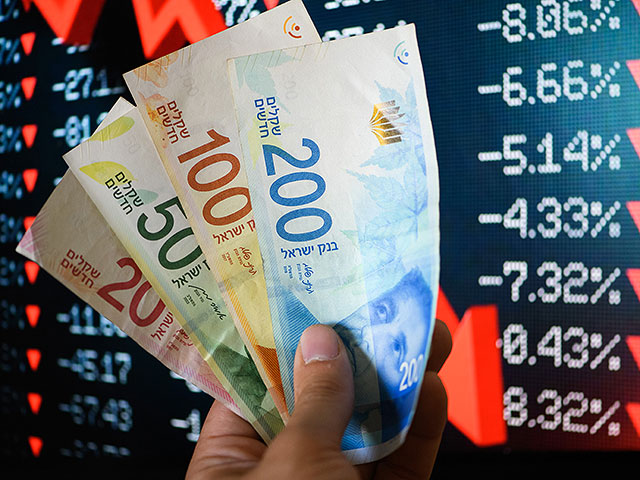A recent study by Bloomberg Adria on June 19 revealed that over a fifth of Serbia’s economic activity remains unregistered, amounting to 21.1% of GDP, or approximately €14.7bn. Despite a gradual decrease over the past decade, unregistered economic activities continue to significantly impact the country’s financial landscape.
The study, titled “Assessment of the Height and Dynamics of the Grey Economy in Serbia”, conducted by professors from the Faculty of Economics in Belgrade, indicates a fluctuating trend in the grey economy. From 2009 to 2023, the grey economy averaged 23.6% of GDP, reaching a peak of 29.1% in 2013 and a low of 17.9% in 2021.
While recent years have seen a resurgence in the grey economy, it remains one-third smaller in the consumption domain in 2023 compared to its peak in 2013. In the income domain, unreported earnings comprised approximately 6.8% of GDP, or €4.7bn, in 2023 – one of the lowest levels in the past fifteen years.
The growth of the shadow economy until 2013 was attributed to several factors such as leniency during economic crisis and political changes as well as tax collection system’s efficiency issues but post-



